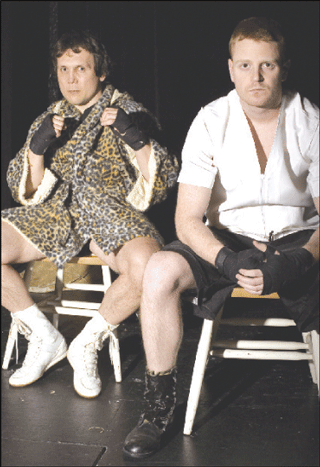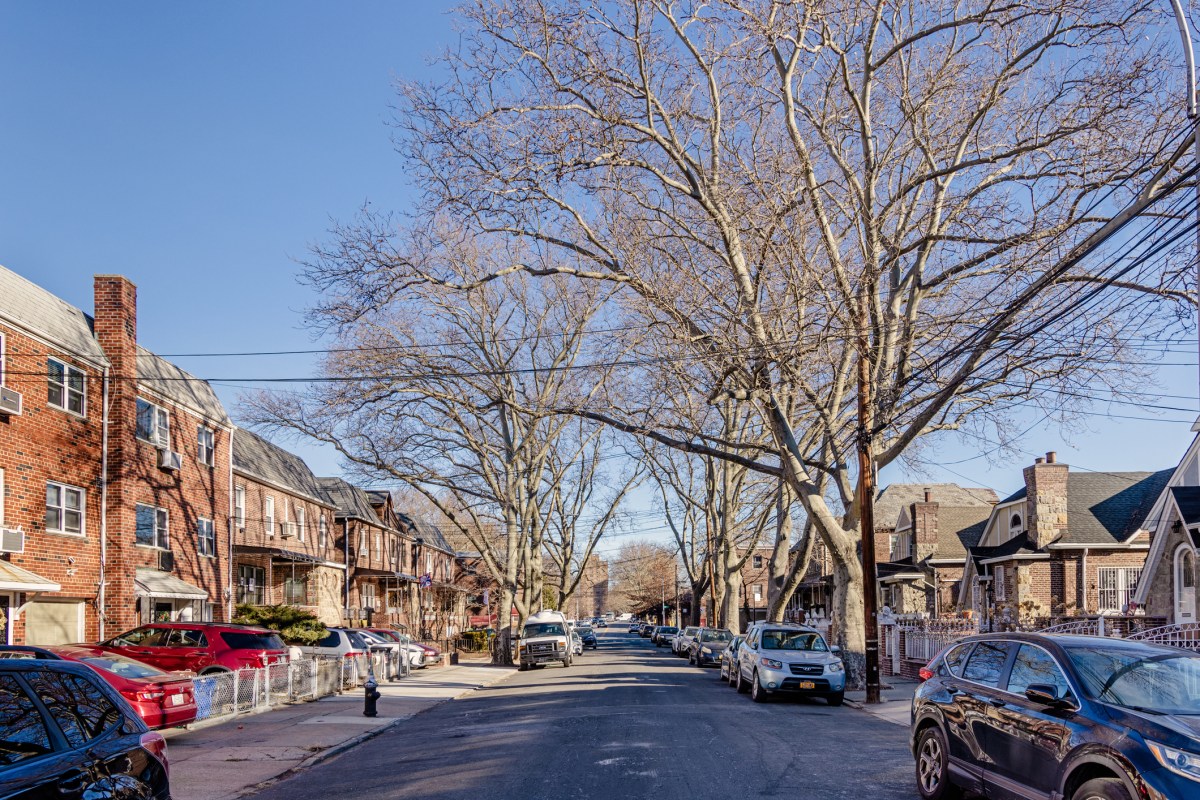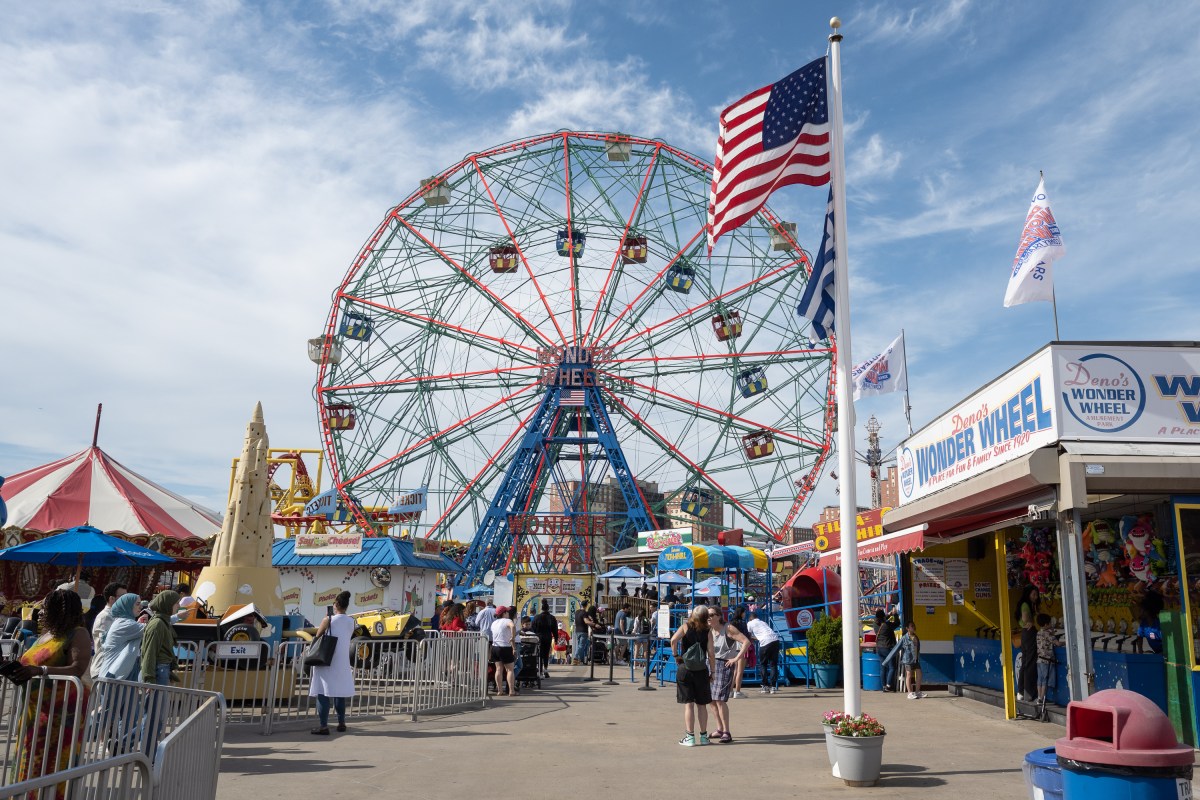By Jerry Tallmer
Gunpowder and Poetry. Sounds like a rock group. It also sounds like Tennessee Williams, who put those two disparate words into two adjacent sentences circa 1939, when he was in his late 20s, long before rock-and-roll had been invented, though not high explosives.
“Today the world is interested in gunpowder,” says the old, forgotten poet of “Mr. Paradise,” a very short play that was also long forgotten until being found in an archival box in Austin, Texas, with some other unknown early works by Williams seven years ago. “Poetry cannot compete with the sound of bursting shells. These are the times for the discovery of new weapons of destruction, not for the resurrection of neglected poets.”
He is saying this to an idealistic college girl who, having picked up a book of his poems that was propping the leg of a table in a New Orleans antique shop, has traced him to his French Quarter hideaway and is now beseeching him to come back into the world.
“I don’t believe in dullness,” cries the girl. “I believe in excitement and wonder and passion. I believe in people having a storm in their hearts, a great big furious storm that sweeps all trivialities away like scraps of ribbon or dead leaves!”
In short, this young woman is speaking for, is part of, Tennessee Williams, our greatest living — surely he is still alive — poet-playwright, and you can hear and see the 10 or 12 high-tension minutes of push-pull between the starry-eyed idealist and the tired old Mr. Paradise at a tiny theater on West 13th Street that is now fighting desperately for its own continued existence.
This is Edith O’Hara’s 50-seat 13th Street Repertory, brought into being by that same Edith O’Hara in 1972, when she was a mere child of 55, and kept going every day from then to now, when she is a stripling of 90 glorious ongoing years.
At the moment, her theater faces the threat — a very real threat — of being taken away from her, gutted, and converted to condominiums.
Once, years ago, when that theater was presenting his “Outcry,” Tennessee Williams sat on the steps at the lip of the stage and proclaimed that the whole future of American drama lay in just such tiny venues Off-Off-Broadway as hers.
Now, in a manner of speaking, he has come to lend a hand — well, four fingers — to this venue’s rescue. The four fingers are four very short one-act plays out of that same rediscovered box, all on one bill: “The Municipal Abattoir” (an Orwellian nightmare), “The Palooka” (an O’Henry-type kicker), “These Are the Stairs You Gotta Watch” (set in a decrepit movie house, the kind that Tom Wingfield in “The Glass Menagerie” was always running off to), and “Mr. Paradise.”
Though published 2003 with the others in a book entitled “Mr. Paradise,” these particular four plays have never been seen in New York before. At the end of the 90-minute evening, the hat is passed and the proceeds go toward the 13th Street Repertory Legal Fund.
Director Stephan Morrow and all the actors — ranging from very interesting to very good — are working for love. Here they are: Matt Fraley, Doug Rossi, Rebecca Ann Jones, Michael Halliday, Doug Dewitt, Kevin Gall, Alex Johnson, Jay Gillespie, Christopher B. Kerson/Shyam (swoopingly, whoopingly funny in the movie-house bit), Rene Rodriquez, Sonja O’Hara (no relation), Billie Columbaro, Larry Black (Mr. Paradise), Judy Jerome (the Girl).
For 35 years, the 13th Street Rep has provided playwrights, young actors, old actors, directors, designers, the community, and 80,000 audience members with a vital center. Now it is time for payback. Edith O’Hara, too, has always depended on the kindness of strangers.
PIECES OF PARADISE. Four short one-act plays by Tennessee Williams. Directed by Stephan Morrow. Mondays and Tuesdays at 7 p.m. — through April 2 and perhaps beyond — at 50 West 13th Street, (212) 675-6677.



































